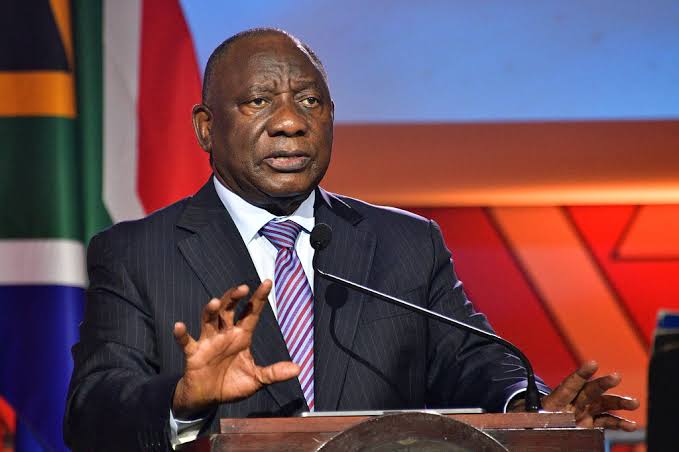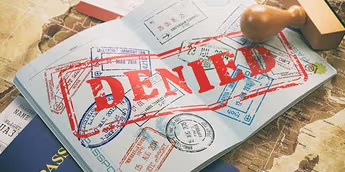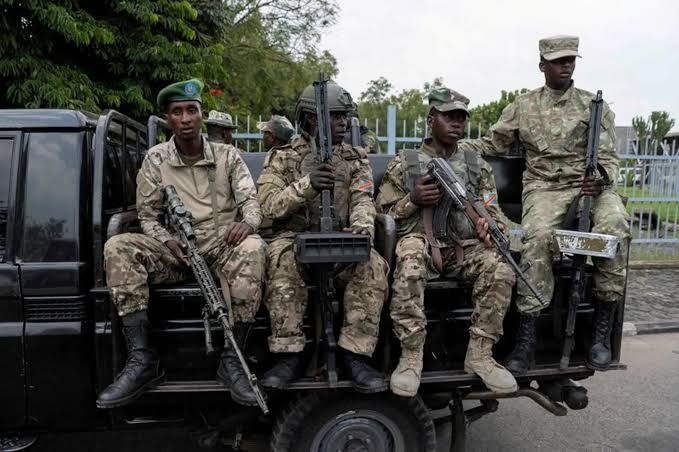
Faith Nyasuguta
The M23 rebel group said on Thursday it had not received an invitation to peace talks with the Democratic Republic of Congo scheduled to begin in Doha on Friday, a development that risks derailing a fragile diplomatic effort to halt months of deadly fighting in eastern Congo. Group leader Bertrand Bisimwa told reporters the absence of an invitation meant M23 would not attend, warning that any delay or exclusion could undermine the talks’ credibility and the wider push for a ceasefire.
The Doha meeting had been presented by mediators as an urgent opportunity to turn commitments into concrete steps: a ceasefire monitoring mechanism, humanitarian corridors, prisoner exchanges and the disarmament and reintegration of fighters. For civilians who have endured repeated waves of violence, the promised outcomes offered a rare glimmer of relief. But peace processes depend on inclusion; sidelining a major armed actor like M23 risks making negotiations irrelevant to actors who control territory and fighters on the ground.
Kinshasa and M23 have traded blame for renewed offensives across North Kivu and surrounding areas, with thousands killed and hundreds of thousands displaced this year alone. The government insists on holding armed groups accountable and defending state sovereignty, while international mediators balance accountability with the pragmatic need to reduce bloodshed. That tension has shaped the shape and timing of invitations and the appetite among external partners to pressure one side or the other.
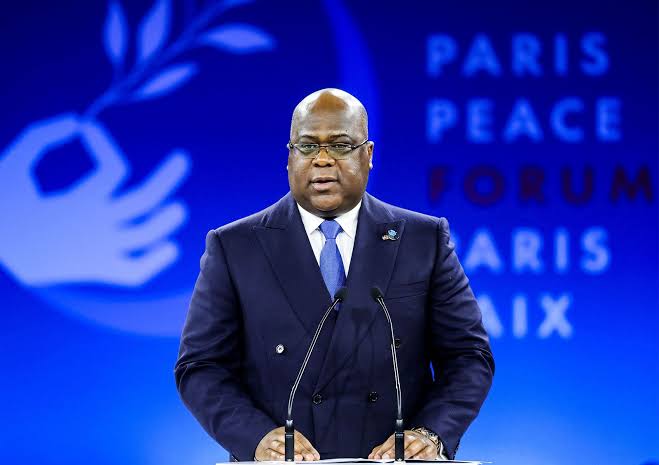
Regional players and neighbouring states cast long shadows over any DRC peace process. Countries with influence over armed movements, as well as international backers, may be pulled into efforts to salvage the summit or to convene alternative forums. Diplomats now face a narrow window to negotiate an inclusive invitation list, create confidence-building steps, and set clear monitoring arrangements that reassure both Kinshasa and rebel leaders that commitments will be enforced.
Beyond the immediate diplomatic scramble, the incident highlights deeper problems: The UN urged calm and immediate engagement, while aid groups demanded unhindered access. Regional bodies offered to mediate and envoys prepared contingency shuttles. Coordinated diplomacy could bridge gaps, but time is short.
Weak state capacity to protect civilians, the persistence of armed groups driven by political and economic grievances, and the limited reach of international diplomacy when battles are ongoing all complicate prospects for peace. Humanitarian agencies warn that each day of delay means more lives at risk, more shelters and schools abandoned, and greater obstacles to eventual recovery.
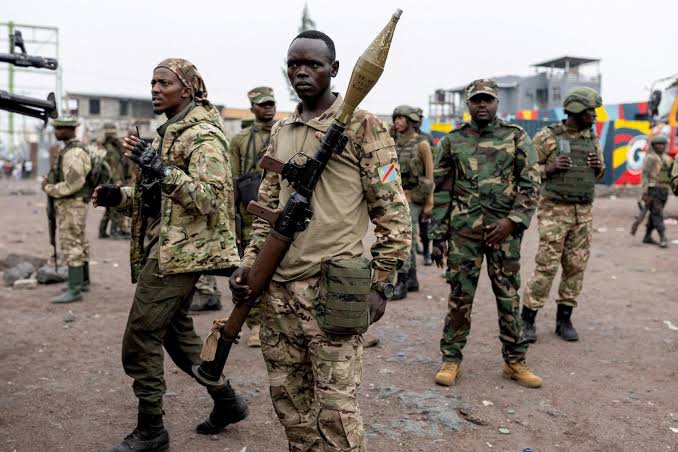
Local leaders urge restraint and call for safe corridors to move civilians and supplies while negotiations proceed without further loss of life or property. If mediators can quickly resolve the impasse – by issuing a clear invitation to M23 or by widening the talks to include regional stakeholders – the Doha summit could still salvage a pathway toward a ceasefire. If the standoff persists, the most likely outcome is a postponed or shallow meeting that fails to stop fighting, bolstering fears that eastern Congo’s humanitarian crisis will deepen and spread.
RELATED:






